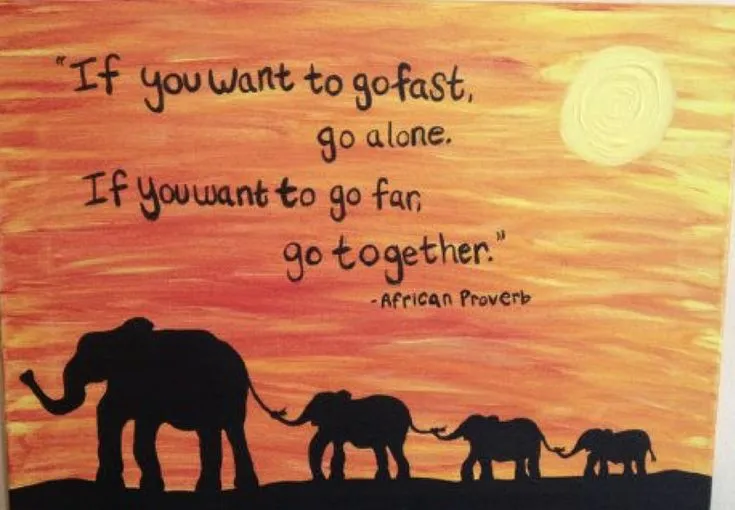When working with various providers, such as carriers, third-party logistics, firms and warehouses, it's not just about their capabilities or scope. The people we work with make all the difference with creative solutions to our problems. Or will they simply say "no" without exploring alternatives?
I've experienced this firsthand. When working with a top five truckload carrier, I often encountered a rigid "yes or no" approach to requests. Our other key truckload carrier was a mid-sized carrier. Their customer service manager, Darren, consistently offered solutions or alternatives to the needs we had. One instance stands out: We needed a shipment picked up in Houston and delivered 2,000 miles away within five days. The larger carrier said "no," they could not help even when we offered to pay for premium services. But Darren proposed an alternative – picking up the shipment the next morning, which would still meet our delivery deadline. His creative solution saved the day. He always had a solution for us!
This experience taught me the importance of having a provider with a solution-oriented mindset. These individuals go the extra mile, thinking outside the box to find alternatives that might not be exactly what we asked for but can still solve the problem. They're invaluable in building strong relationships. If you can find this key individual, they will make their company a star for you. So, even when you add in all of their services and technology or real time tracking services, the right person makes the biggest difference.

Next you need the “one throat to choke.”
I mean get an executive sponsor. A CEO or Senior VP who will take your call or meet face to face with you when you visit. They are the high-level contact who can cover the big stuff for your key person above. This person can advocate for us when needed and provide access to senior executives. Building these relationships takes time and effort, but it's worth it. Regular meetings, visits, and communication can help strengthen these connections.
To build strong relationships, consider scheduling meetings at providers' headquarters or visiting their global offices. They will make time for you because you made the effort to travel to their headquarters. Make it a regular event of it. There are always plenty of issues to discuss: the market, your lanes, ports and transits. Even if you're not a super large company, act bigger than you are. This pays off in the long run. And use your periodic business reviews with them by inviting their executives to join in. Top it off with a side meeting with your CEO another key executive.
Prioritize face-to-face interactions. Teams or Zoom meetings are great but meet in person when you can. This helps build trust and ensures that both parties are aligned and working towards common goals. By investing time and effort into building strong relationships, we create more efficient, responsive, and adaptable supply chains.
Ultimately, the success of logistics operations depends on the people involved. While technology and strategy are important, it's the relationships we build with providers that can make all the difference. By focusing on building strong relationships, logistics professionals can drive success and growth in their organizations.
I'd love to hear your thoughts and ideas on this topic. AndyG@WOWL.io





